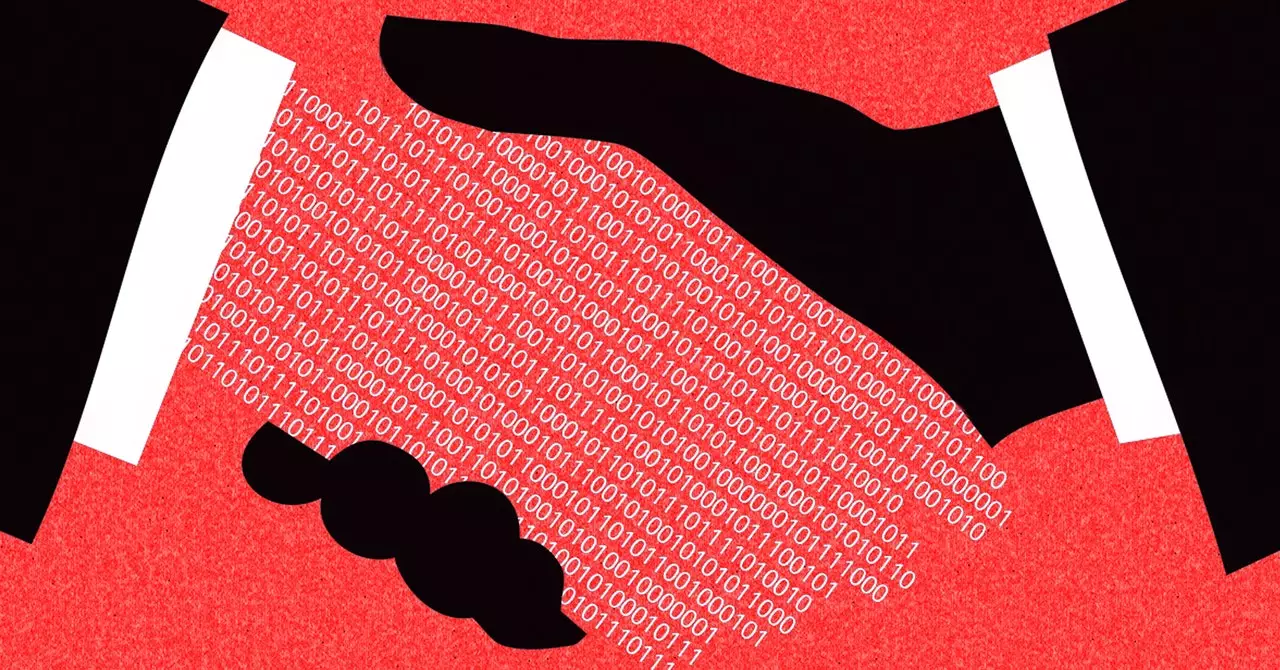In recent years, the advent of artificial intelligence has revolutionized numerous industries, including content creation and distribution. However, the methods employed by AI companies to obtain training data from platforms like YouTube have often skirted the lines of legality and ethics. Companies have historically “scraped” content from its vast library of videos and captions without appropriate permissions or licenses, raising important questions about intellectual property and creators’ rights. This unchecked behavior has not only been a concern for individual content creators, but it poses broader implications for the ecosystem of online content provision.
Emerging as a potential solution to these challenges, Calliope Networks has developed a pioneering initiative known as the “License to Scrape.” This program specifically targets YouTube creators, aiming to create a structured, legitimate means for AI firms to access content while ensuring creators are compensated for their work. CEO Dave Davis envisions this program as a bridge between creators and AI companies, simplifying the complicated licensing landscape that has evolved around digital media.
Calliope’s approach differs significantly from the status quo; rather than relying on unilateral actions from AI firms, it proposes a collaborative model where content creators actively participate in the licensing process. By collectively negotiating licenses, YouTube creators can wield greater control over their intellectual property and ensure a fair return on their investments of time and effort.
Davis’ background in traditional media licensing adds depth to this initiative. Having transitioned from the Motion Picture Licensing Corporation, he recognized the urgent need for a more ethical framework surrounding AI data acquisition. “It’s not just about scraping anymore; we aim to make the licensing process as straightforward as possible,” Davis explains. His optimism is justified, as there appears to be a proliferation of startups dedicated to data licensing for AI, signaling that many share his vision.
Calliope Networks is part of the Datasets Providers Alliance, emphasizing not just compliance, but a shift towards a culture of consent within the digital content sphere. By mandating that creators and rights holders opt into AI data scraping, they are fostering an environment where respect for intellectual property rights prevails. This move could herald a new age of not only ethical AI development but bi-directional relationships between creators and companies that leverage their content.
For “License to Scrape” to succeed, building a critical mass of participating content creators is essential. Calliope Networks aims to gather at least 25,000 to 50,000 hours of YouTube content, a threshold deemed necessary to attract AI firms. This not only underscores the importance of volume in the data-driven AI landscape but also highlights the potential for collaborative agreements among creators to pool their resources and data.
Though still in the early stages of recruitment, the initiative has garnered interest from influencer marketing firms such as Viral Nation, further propelling the movement. According to Bianca Serafini, the head of content licensing at Viral Nation, feedback from creators has been largely positive, indicating a readiness among YouTubers to explore new avenues for monetization through structured licensing.
What remains to be seen is whether this model can firmly take root in the AI landscape and offer creators a sustainable revenue stream. Unlike traditional copyright models that often disadvantage self-produced content, a licensing framework encourages fairness, enabling creators to monetize the impact of their work more effectively.
As the AI domain continues to expand and evolve, Calliope Networks stands at the forefront of a critical transformation. By addressing the challenges posed by unchecked data scraping, this initiative could set a precedent for how content creators engage with AI technology, ensuring that their rights and contributions remain respected. With a more structured approach to licensing, the hope is that a new landscape will emerge—one that allows both AI companies and content creators to benefit from their collaborations transparently and ethically.


Leave a Reply